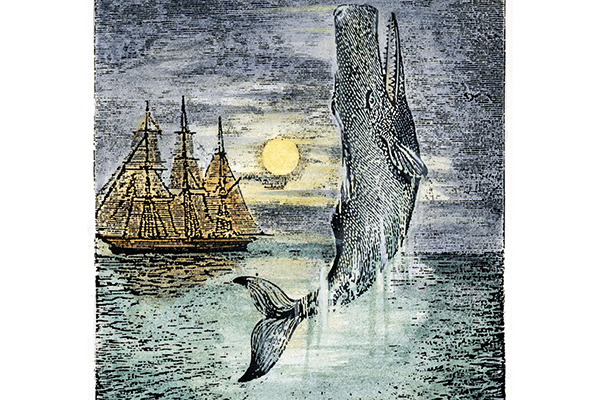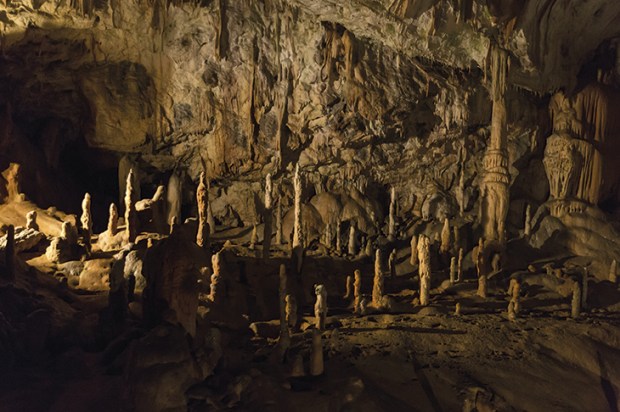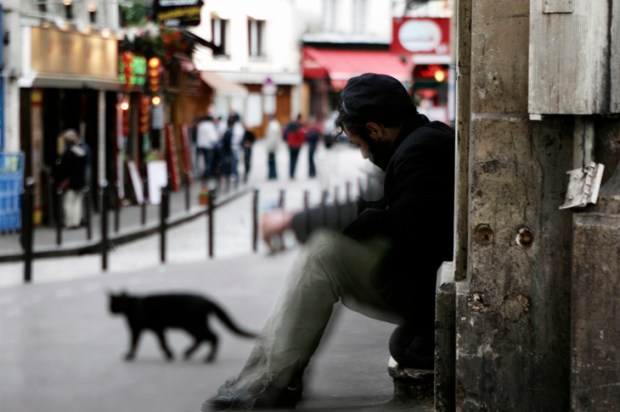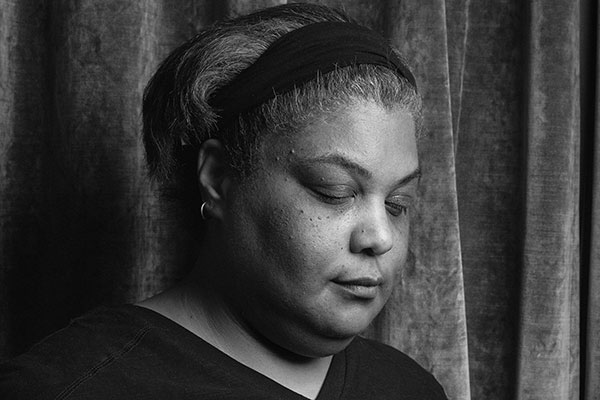‘The sea defines us, connects us, separates us,’ Philip Hoare has written. His prize-winning Leviathan, then a collection of essays called The Sea Inside and now RISINGTIDEFALLINGSTAR together make a loose, meditative trilogy on people, the ocean, its inhabitants, its threats and delights, the comings and goings, the whole tidal business, its excitements and its ever-present grip on our minds and imaginations.
Already a subscriber? Log in
Subscribe for just $2 a week
Try a month of The Spectator Australia absolutely free and without commitment. Not only that but – if you choose to continue – you’ll pay just $2 a week for your first year.
- Unlimited access to spectator.com.au and app
- The weekly edition on the Spectator Australia app
- Spectator podcasts and newsletters
- Full access to spectator.co.uk
Or
Unlock this article
You might disagree with half of it, but you’ll enjoy reading all of it. Try your first month for free, then just $2 a week for the remainder of your first year.














Comments
Don't miss out
Join the conversation with other Spectator Australia readers. Subscribe to leave a comment.
SUBSCRIBEAlready a subscriber? Log in